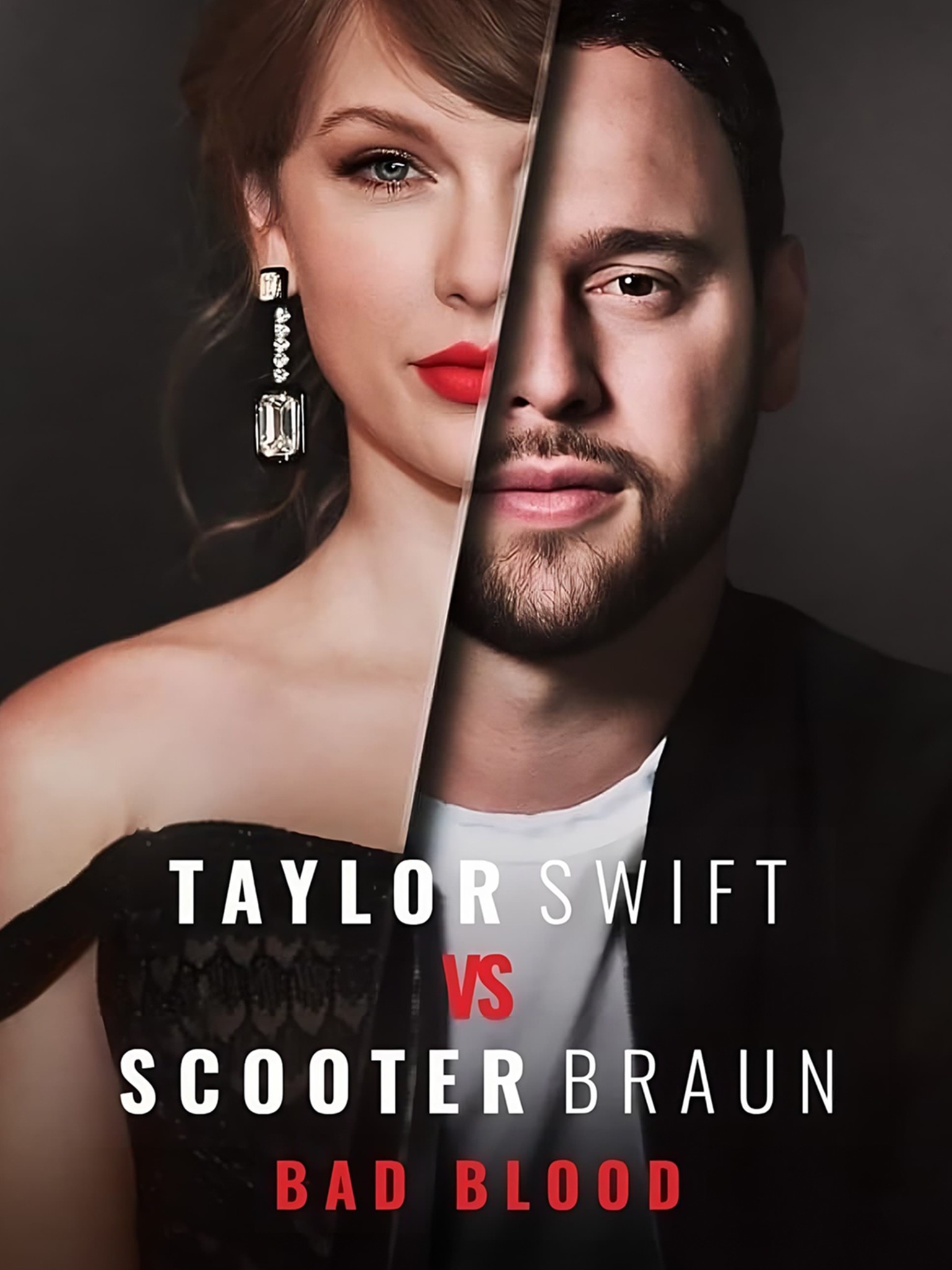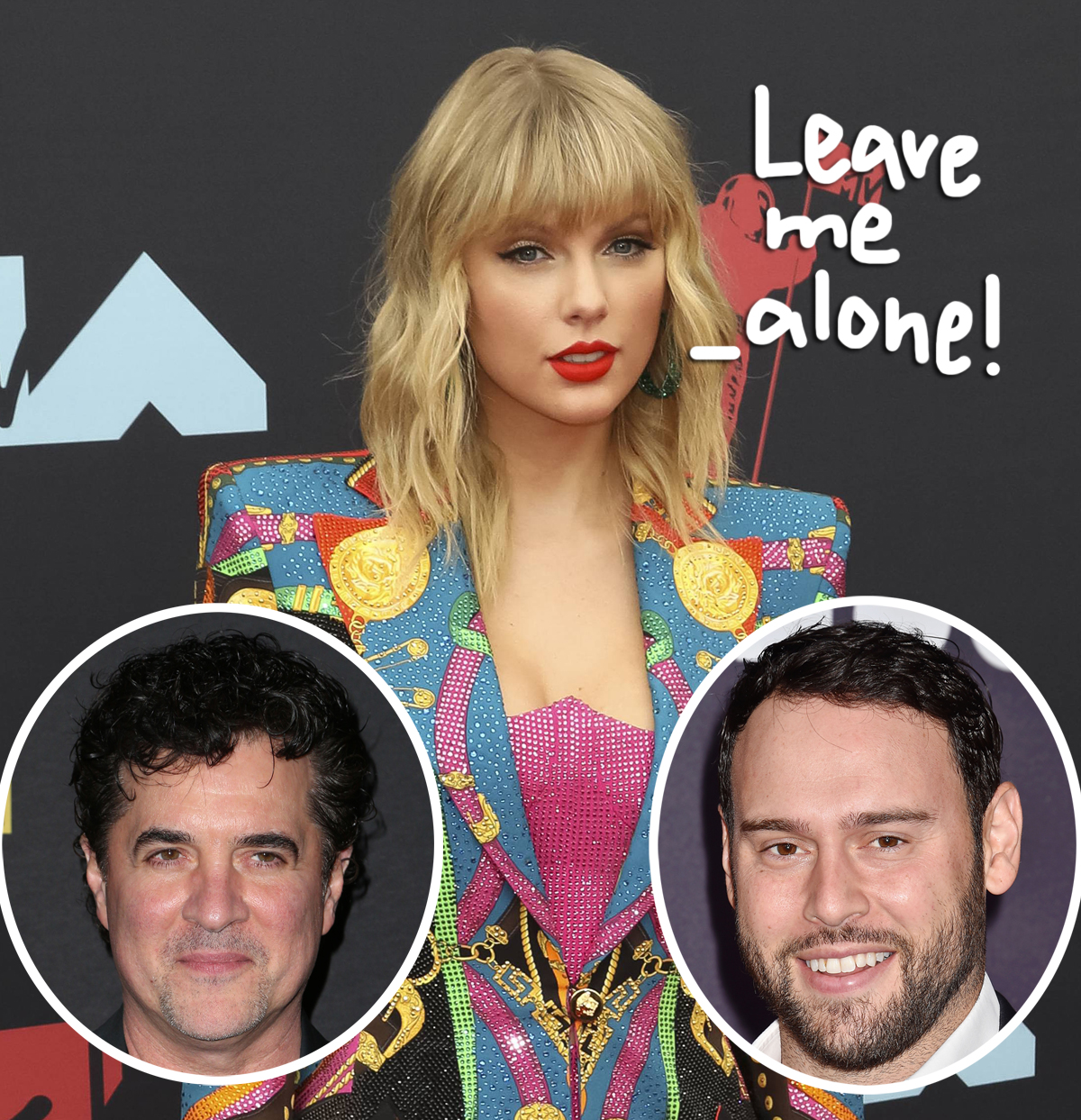Melodies and Mayhem: Taylor Swift vs Scooter Braun
In the world of music, there are few battles as fierce and public as the ongoing feud between pop superstar Taylor Swift and music mogul Scooter Braun. The clash between the two industry heavyweights has captured the attention of fans and industry insiders alike, sparking debates about the rights of artists and the power dynamics within the music industry.
At the heart of the conflict is the question of ownership rights. In 2019, Scooter Braun’s company, Ithaca Holdings, acquired Big Machine Label Group, the record label that Taylor Swift had been signed to since the beginning of her career. This acquisition meant that Braun now controlled the rights to Swift’s entire catalog of music, including her first six albums.

For Swift, this was a devastating blow. Not only did she lose control over her own music, but she also felt betrayed by Braun, whom she accused of years of bullying and manipulation. In a scathing statement posted on social media, Swift called the acquisition her worst-case scenario, accusing Braun of incessant, manipulative bullying and painting him as the villain in her story.
The battle between Swift and Braun has played out in the media, with both sides making public statements and rallying their supporters. Swift has been vocal about her desire to regain control of her music, even going so far as to announce her plans to re-record her first six albums in an effort to devalue the originals owned by Braun.
On the other side, Braun has defended his actions, claiming that he has always acted in the best interests of his clients and that he has been unfairly vilified by Swift and her fans. He has also pointed to the legal agreements that Swift signed with Big Machine Label Group, arguing that she had ample opportunity to purchase the rights to her music before they were sold to him.

As the battle rages on, the music industry is watching closely. The feud between Swift and Braun has brought to light the complex and often murky world of ownership rights in the music business, shining a spotlight on the power dynamics between artists and the labels that control their work.
Ultimately, the clash between Taylor Swift and Scooter Braun is about more than just music. It’s a battle for artistic integrity and creative control, a fight for the rights of artists to own and control their own work. And as the two sides continue to trade blows, the world waits to see who will come out on top in this epic showdown of melodies and mayhem.
A Musical Showdown: The Fight for Ownership Rights
In the world of music, ownership rights are everything. They determine who has the power to use, distribute, and profit from a song or an album. And in recent years, the issue of ownership rights has become a major point of contention in the music industry. One of the most high-profile battles over ownership rights is the ongoing feud between pop superstar Taylor Swift and music mogul Scooter Braun.

Taylor Swift, known for her catchy melodies and heartfelt lyrics, rose to fame at a young age and quickly became one of the biggest names in music. With hit songs like Love Story, Shake It Off, and Blank Space, Swift’s music has captivated audiences around the world. But despite her success, Swift has faced numerous challenges when it comes to ownership rights.
One of the biggest challenges Swift has faced in her career is the ownership of her master recordings. In 2019, it was revealed that Scooter Braun had acquired Big Machine Label Group, the record label that owned Swift’s first six albums. This meant that Braun now controlled the rights to Swift’s music, including the ability to license her songs for use in commercials, movies, and other projects.
Swift was quick to speak out against Braun’s acquisition of her music, calling it my worst case scenario. She accused Braun of years of incessant, manipulative bullying and claimed that he had stripped her of her life’s work. Swift’s public statement sparked a wave of support from fans and fellow musicians, many of whom condemned Braun for his actions.
The feud between Swift and Braun has brought the issue of ownership rights to the forefront of the music industry. It has raised questions about the power dynamics between artists and record labels, and about the importance of artists having control over their own music. The dispute has also highlighted the need for greater transparency and fairness in the music business, so that artists can protect their creative work and livelihoods.
But Swift is not the only artist to have faced a battle over ownership rights. Many musicians have had their music taken from them without their consent, or have been forced to sign unfair contracts that give away their rights. The fight for ownership rights is a universal struggle in the music industry, one that affects artists of all genres and backgrounds.
As the battle between Swift and Braun continues to play out in the public eye, it serves as a reminder of the importance of artists standing up for their rights. Swift’s courage in speaking out against Braun has inspired other musicians to do the same, and has sparked a larger conversation about the need for change in the music industry.
In the end, the fight for ownership rights is about more than just music – it’s about fairness, justice, and the rights of artists to control their own creative work. As the music industry continues to evolve, it’s crucial that artists and industry professionals work together to create a more equitable and transparent system that benefits everyone involved. The battle between Taylor Swift and Scooter Braun may be far from over, but it has already had a profound impact on the music industry as a whole.




